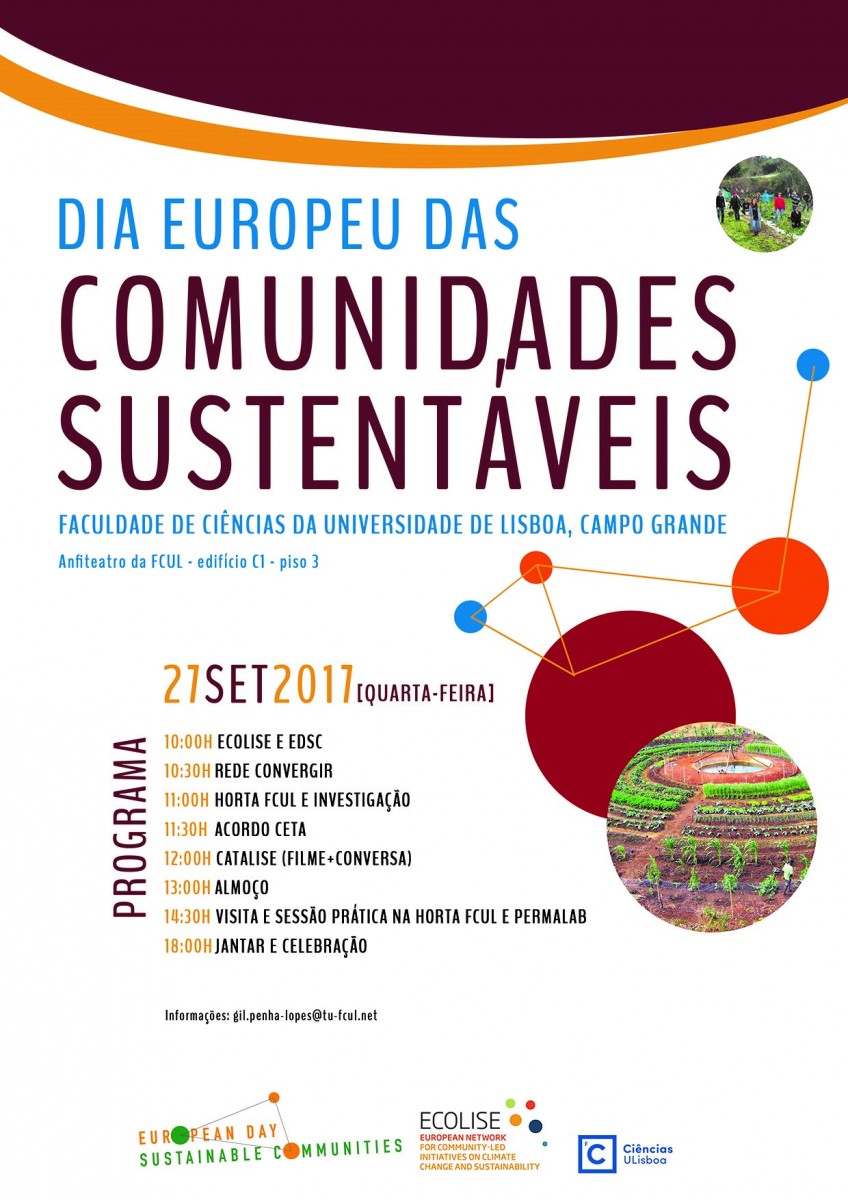Lichens as a Tool for Interpretation of Environmental Changes and Management
The Lichens course is a 4 days lectures and lab classes + one day field excursion. It aims to provide the participants with the basics of lichen biology and ecology, biomonitoring and data analysis methods to allow the use of lichens for the interpretation of the environmental conditions and the development of a responsible scientific-based environmental management. See more at http://lichens.fc.ul.pt/.


